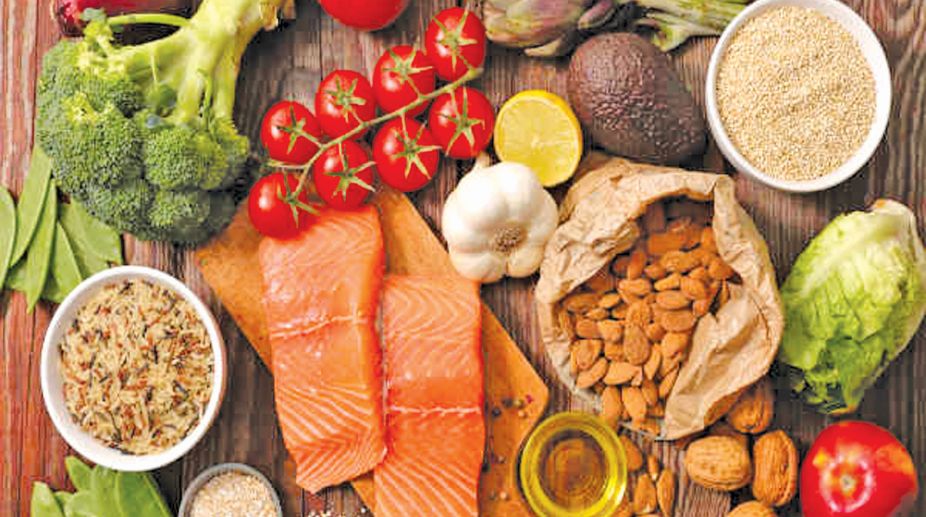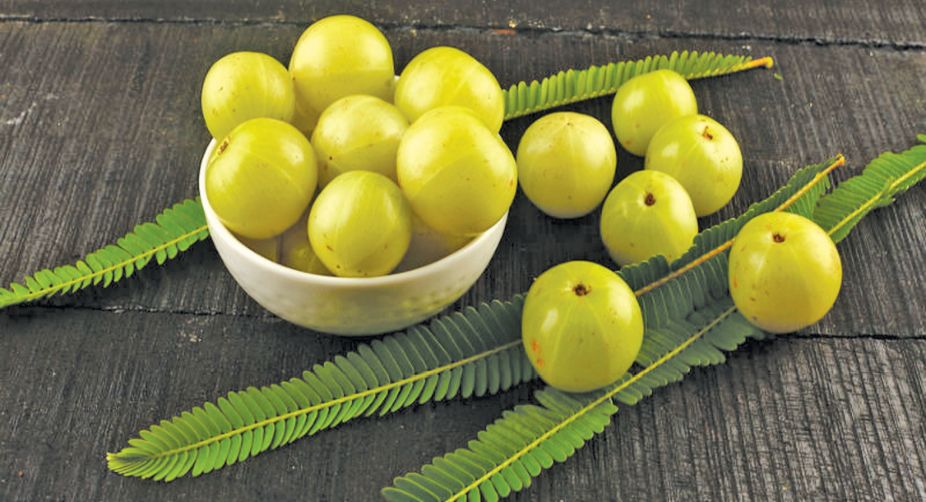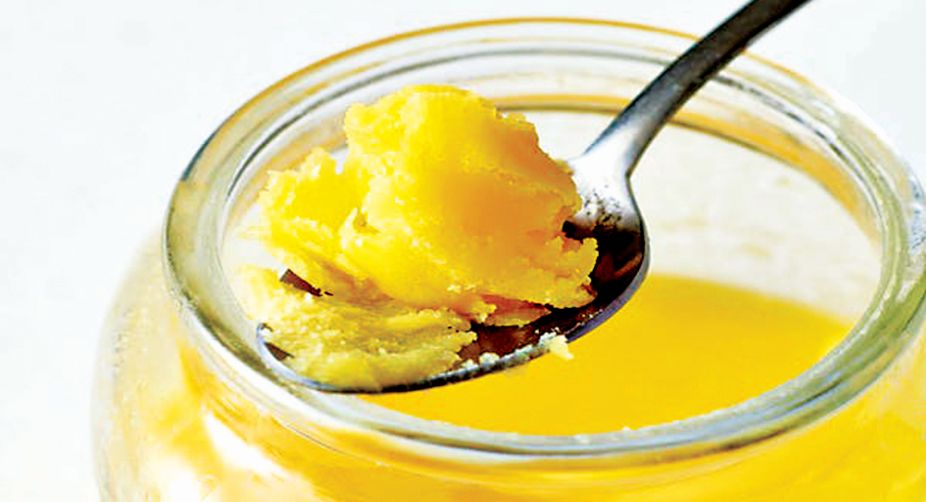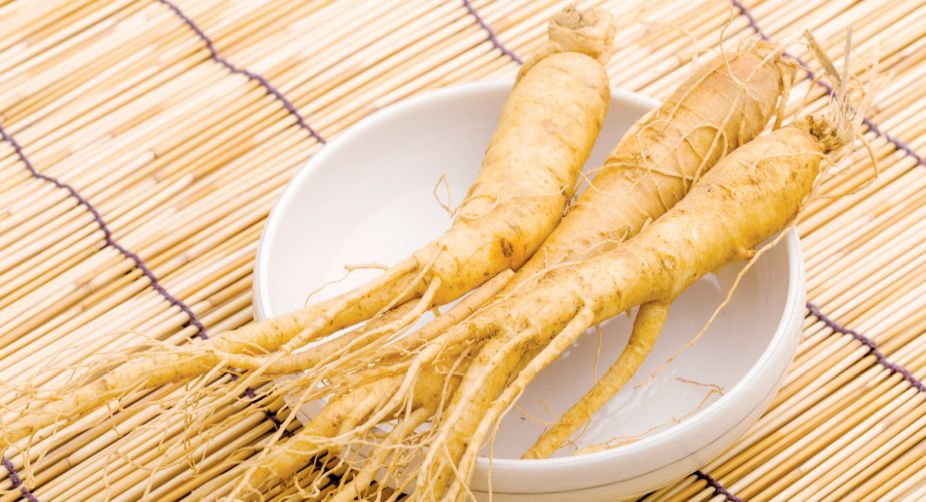Skilling Renewables
India stands at a critical juncture in its energy transition journey, aiming to achieve 500 GW of renewable capacity by 2030.
These are nutrient-rich foods, which provide extra health benefits, work on the overall development, and provide the right amount of nutrients to our body.

super food.
India is a land of rich diverse foods which have superpowers of nutrition. When you hear the term superfoods, what’s the first thing that comes to your mind? Something exotic, fancy or very expensive? In the recent times, the world has been going gaga over this phenomenon but what exactly are the superfoods? Let’s get into it!
Superfoods are nutrient-rich foods, which provide extra health benefits, work on the overall development, and provide the right amount of nutrients to our body.
The following list includes the Indian superfoods that have taken the world by storm. Here they are
Advertisement

Turmeric– Every Indian mother relies on turmeric, the yellow coloured indigenous spice found easily in every household. It’s the best solution to all your problems, whether it’s the flu, pain or any injury.
She’s always ready with a glass of milk and spoonful of turmeric to give you twice a day. Turmeric has antibacterial properties that fight inflammation, improves the immune system, and boosts the performance of the brain.

Gooseberry/Amla – The Indian gooseberry aka amla truly deserves to be on top of our superfoods. Amla is a wonderful gift of nature that is loaded with Vitamin C. In fact, the vitamin C content of amla is equivalent to 2 medium oranges.
Drinking a glass of fresh amla juice every morning can give you a glowing and blemish-free skin. The carotene in amla helps to improve your vision. This humble gooseberry also works tremendously for your skin and overall health

Flax Seeds – How about giving importance to these little tiny seeds that are mostly forgotten in your kitchen! You must start incorporating them into your diet because they do not only impart good health but also tend to improve your overall immunity.
Research has shown that eating flax seeds rich in omega 3 fatty acids helps in decreasing the LDL often referred to as (bad) cholesterol and improves the HDL levels (good cholesterol). You can add them to your salads, sandwich fillings, yogurt, or your homemade ladoos to make them crunchier and healthier.

Ghee – “Don’t add ghee to dal- chawal, you can add olive oil!” Sounds familiar? Why are we Indians so wary of adding ghee to our food suddenly? Just because it appears in the fatty food groups, doesn’t make it bad for health. Did you know that this clarified butter, our very own ghee has received a global status for being a superfood?
The word ghee is derived from Sanskrit meaning ‘to sprinkle’ which is actually milk fat that is rendered from the butter to separate the milk solids and water.
It’s rich in vitamin A, D, E, K and medium fatty acids, which are directly absorbed and metabolized as energy. Therefore, you can very safely add upto 10 gms (1 small tablespoon) of ghee to your diet. However, remember moderation is the key.

Ginseng – The Indian ginseng, Ashwagandha, also known as the winter cherry is an incredible herb, which is known to be a powerhouse of health and the beauty benefits.
Since the ancient times, Ashwagandha has been known to be a healing herb in Ayurveda as a great way to battle stress and anxiety. It also helps relieve the effects of menopause in women, helping them to deal with hot flashes and mood swings.
Last, but not the least, you can also use ashwagandha with ginger and lemon as a toner for glowing and youthful skin.
Over to you
Now that you know the five top Indian superfoods that can supplement your daily diet with the requisite nutrients and have amazing health benefits, you can start including them in your diet and put your healthiest foot forward!
The writer is founder and chief dietician, Nmami Life
Advertisement